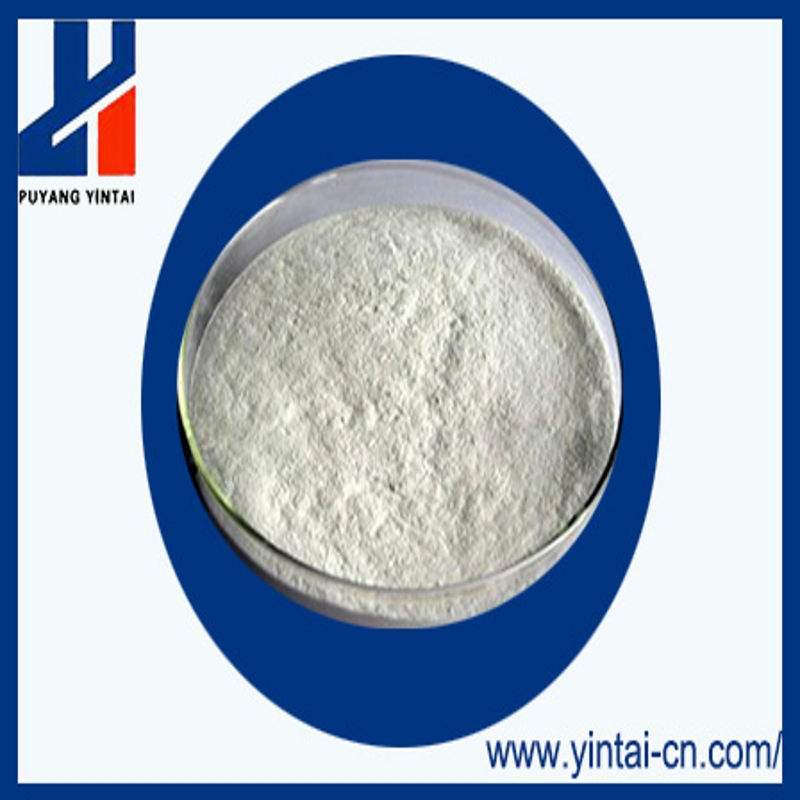Chinese team screens out highly effective silicon-desiccation strain "Aseptic spores"
-
Last Update: 2021-03-04
-
Source: Internet
-
Author: User
Search more information of high quality chemicals, good prices and reliable suppliers, visit
www.echemi.com
Suntech Daily News (Reporter Ma Ailing) "China's research and development team collected soil samples from 10 provinces, 16 cities and counties across the country, using the 'rich flat high flute method', from more than 200,000 microbial groups screened out 206 microorganisms with silicon desilicon function, of which 34 genus, 79 species of microorganisms silicon solution function is a new report. Previously, only 8 genus and 9 species of microorganisms that can hydrolysate silicon have been reported in academic journals around the world. At the same time, the team has selected an efficient silicon-desiliium strain, Bacillus aryabhattai. "This is the reporter from March 20 held the "Silicon bacteria agricultural applications symposium" to get the news.
The Ministry of Agriculture and Rural Affairs microbial fertilizer and root tumor bacteria research and development of the chief expert Kang Yaowei, in 2018 and Hebei Meng gang water-soluble fertilizer Co., Ltd. established a cooperative relationship, set up a microbial research and development team, screening one plant or a class of microbial projects with unique, multi-functional, super-silicon ability. "After high temperature, salt, acid and alkali resistance tests, hemolytic safety tests, strains and commonly used pesticides mixed survival test, spore rate test, stimulate the growth of crop roots and other tests, the microbial research and development team finally selected from 206 strains with silicon solution capacity of a MB35-5 strain for commercial development. The 16s sequence of MB35-5 strains is more than 99% ogeneity with the 16s rDNA sequence of Ayebodobacteria, which has been identified as Asepose spores by the National Germ Identification Center. He said.
Asporine is a new microbial bacteria discovered by Indian scientists at the top of the Earth's stratosal layer in April 2009, when it was named "Ayepodobacteria", named after Ayebodo, a famous ancient Indian mathematician and astronomer.
This article is an English version of an article which is originally in the Chinese language on echemi.com and is provided for information purposes only.
This website makes no representation or warranty of any kind, either expressed or implied, as to the accuracy, completeness ownership or reliability of
the article or any translations thereof. If you have any concerns or complaints relating to the article, please send an email, providing a detailed
description of the concern or complaint, to
service@echemi.com. A staff member will contact you within 5 working days. Once verified, infringing content
will be removed immediately.







